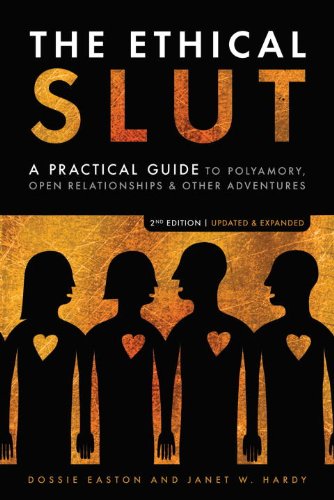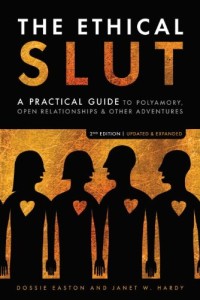Setting Intentions
This week I want to speak at length about intention setting. I am finding that in most of my writing, coaching and general conversations I am having these days, invariably intention comes up with a vengeance. I am finding that conflicts of consciousness and dissonance surrounding a situation often surfaces simply because no one in the situation put forth any intent. I find it little unnerving walking around in social environments with people who feel they do not have a choice, who are floating on tides rather than fashioning a raft. I suspect some of the lack of intention setting and simply saying what one wants in a given situation comes from the desire to feel accepted and comfortable within a social group. I suspect this is reverting to victim thought patterns disguised as tolerance. I have found myself in these situations many times in the last few years of my growth often when there are some old thought patterns or habits I was trying to shed, where I remain in an environment with around activity that is not congruent with my current model of where I want to go. Then I experience this dysphoria and angst because I feel by not saying what I want, or just changing the environment, I allowed my values to be inadvertently violated. So this week I wanted to address correcting incongruence in lifestyles by implementing a simple intention setting and communication method. So here I want to give you some tools to address finding an intention message and what to do with it once you have it.
First let me differentiate between goals and intentions. Goal setting is a vital part of the coaching process, and is the organization of your future world based on your actions today. Goals are end points. Intention is the map of HOW we are going to reach those goals. Intention setting deals in the realm of the now. In the realm of being in the current moment we make choices that affects future us! Now consider one of those moments where you found yourself in a situation where you felt your values were violated but you had not expressed a desire to change it, you had been attempting to go with the flow, or perhaps upon further reflection you simply changed your mind.
This can apply to anything, maybe it is your partner going somewhere without you,maybe it is people asking to smoke a cigarette in your car, or maybe someone has volunteered your to stay late at work. Everyone has interactions like this, I am sure you can bring to mind moments you felt as though you were screaming inside but had this fake smile plastered all over your face. Maybe you even answered an inquiry with the ubiquitous “I am fine.” If you make no intentions, if you do not communicate your desires, if you do not set boundaries, if you do not stand up and make some choices, what sort of life are you going to live? My suspicion is one that feels like wearing someone else’s skin. And that is gross. I am here to challenge you to stop with the “I am fine.”
So I am throwing down the challenge to you today: I want you to come up with a clear intentional statement for something this week. There is nothing metaphysical about this, there is no law of attraction going on here. All I want you to do is set a guiding principle for yourself. This may take some time to create and you may edit it until it feels perfect. Write it down, draw it, compose a concerto, whatever works for you. Put it as a reminder on your phone, a sticky note on your mirror, in your wallet, somewhere you have to confront the message often. I will share my own with you for the week: “I commit to stepping outside of my comfort zone. I will embrace adventure.” Now this is very vague and comfortable.This could apply to travel or relationships or anything. What could improve this intention is specifics. In what area of my life am I seeking to grow? What this statement is referring to is my anxiety surrounding networking events. So to make this statement more specific I could say: “I will attend two different networking events each week and at these events I will speak to five people.” This confronts the comfort zone and adventure while making it a specific, measurable and attainable goal. I KNOW when I have completed this. That is the kind of intention you are seeking to create. The second part of this is conversation. Tell someone about your intention. And if you are really brave ask them to hold you accountable. Have them ask you about your progress. Accountability makes the intention a little more solid, there is not so much wiggle room to evade the things that we do not want to do. Often people struggle with the balance of expressing their intentions and being abrasive. I have seen people make a hell of a stand on something in a completely inappropriate tone or setting. And I am here to tell you that is okay, it will happen. Practice. And practice speaking from a place of compassion rather than conflict. You are not going to war with your own life, you are just setting up some guides for yourself along the way.
So now you have your intention, you have your accountability, now what? What happens when you stand your ground on something and the status quo of your relationships begins to change? I want to speak a little bit about judgement and acceptance. There are so many times I have rolled over let behavior slide for the sake of being easy going. I like to tell myself “I accept other peoples behavior and choices, even if they are not my own. Everyone is cool, It’s all good.” There is some truth to that I am sure, but a large amount of my tolerating is really garbage. I am doing it because I want to be accepted and feared the judgment of others. That desire for someone to validate me and accept is detrimental to my growth. This part of the article is to acknowledge that when you begin releasing that need for affirmation from other people you begin to shift into your realm of genius. When you decide it is okay to drift away from some people, it is okay for relationships to change you open the path to growth.












